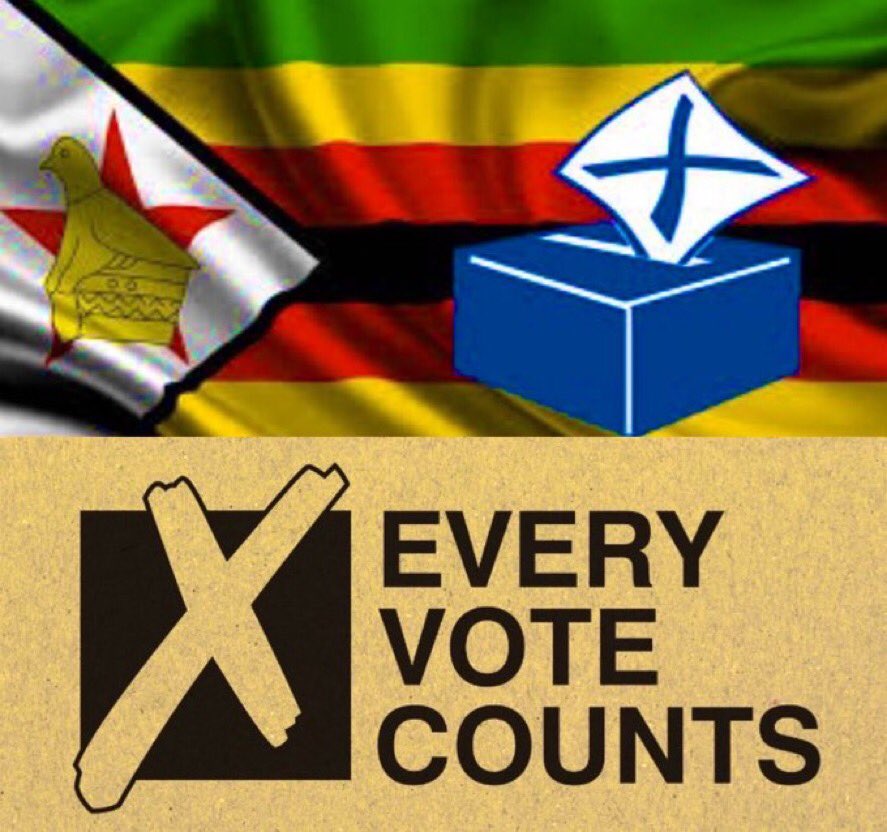|
Getting your Trinity Audio player ready...
|
Writes Lloyd Rabaya
HARARE – As people trickled into the Warren Park 6 Primary School Polling Station a few minutes before the eighth hour, the atmosphere was getting as dark as the night came. After being told that they should queue in lines as voting was to start at 20:00 hours, they questioned why that hadn’t been done from seven in the morning when voting was officially supposed to start.
“Most of us have been here since morning and have never returned home. My wife had to put breast milk in a bottle, and we left our six-month-old child in the company of someone at home because we really wanted to vote,” said the confident but devastated Innocent Kimbini.
Every five years, Zimbabwe holds harmonized elections, but the disenfranchisement that marred this year’s election was something beyond the grotesque Zimbabwean elections have been known for.
The election day had copious amounts of scandalous developments, especially in most parts of Harare, despite the fact that the Zimbabwe Electoral Commission (ZEC) had five years to plan.
Some polling stations did not have enough ballot papers for either of the three posts, while at other stations, ballot papers ran out to the disappointment of multitudes who were eager to exercise their constitutional once-in-five-years right.
At Warren Park 6 Primary, the electorate was told that there were no ballot papers for councillors.
“In the future, this should not happen again, especially after announcing that everything is now in order. It has to be like that. It is far much better to address the people of any anomalies, not just keeping quiet,” said a Warren Park woman who requested anonymity for fear of victimisation.
According to the woman, most of the people who wanted to vote had to go back home because of the discombobulation exhibited by ZEC on the day of the polls.
Others could not find their names on the lists of voters stuck on the polling station walls, despite having double-checked electronically using the *265# code, and had to check with other polling stations.
In Glen Norah, a woman voter sat on the lawn to the right side of the school gate, pampering herself in a sleeping bag, Mai Fay (as she requested anonymity), was ready to not go home until she had cast her vote.
All she wanted was to be part of a democratic move to choose whom she wanted to be in power.
“I will not go home until I have cast my vote. It is better if I sleep here,” she boldly told Spiked Online Media.
The 45-year-old woman took it upon her shoulders despite having to queue for very long hours without voting. She was determined to sleep in the open with a glare of hope that anytime, the missing ballot papers would come.
Even though she stays close to the polling station, she could not sleep in her home, fearing that by the time the ballot papers came, she could be delayed even worse than the 16 hours she had waited in vain at Glen Norah A Primary polling station.
“I came here at 5 a.m., and nothing happened. I went home to eat at around 12 p.m. and came back now when it’s almost 11 p.m. We are still waiting for the papers, but I really want to vote,” she added.
Mai Fay is not the only one who was more than dedicated to waiting for the ballot papers.
One man who only identified himself as Brian told this publication that he was now skeptical about the success, freeness, fairness, and credibility of the election. Brian was also ready to sleep at the primary school premises until the moment he would cast his vote.
“We want to defend our vote because we are afraid that if we go, those guys will rig the election,” the fuming Brian said.
Most of the people at the school had allegedly not eaten since the last day, and some of them had come from other areas like Chinhoyi and Chitungwiza since they did not transfer from the polling station after the 2018 polls.
One other woman (31) who also requested anonymity, suffered a swollen hand after she had tumbled and fell around 4 pm whilst running in the queue when someone had called out that the ballot papers had arrived.






